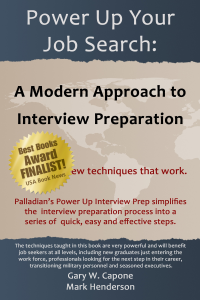A resume I read from a medical equipment technician. The resume illustrates a few of the common mistakes many job seekers make.
First, the job seeker failed to list his skills. Every job seeker needs to highlight their strongest skills on their resume. For equipment technicians, this is even more important. With technical positions, the technical skill of the job seeker is a major factor, and often is the most important assessment criteria. Omitting this information will hurt the candidate’s chances.
The job seeker could correct this by adding a skills section showing the specific types of equipment and technologies he has proficiency with. Adding some of the training classes he has taken would also help. In 25 years of operating and maintaining high tech medical equipment, the job seeker doesn’t show a single training class where he updated his skills.
The second change the job seeker needs to make relates to the responsibilities he has had. His resume has nothing more than a list of responsibilities. There are no accomplishments listed. Most hiring managers will assume he has either been unsuccessful or minimally successful in his career as a result. Below is are the bullets from his most recent position:
- Maintain and troubleshoot anesthesia equipment and other medical electronics in the hospital
- Provide clinical assessments during surgical procedures for anesthesia staff and residents when needed
- Perform in-service training for anesthesia students on a variety of electronics equipment
- Develop equipment maintenance procedures for department
For an equipment tech, it’s difficult to imagine someone else in the same role not having essentially the same responsibilities. The job seeker has succeeded in making himself a commodity no different from anyone else. This will not help him get hired.
I expect there are a number of accomplishments the job seeker could list. For example, he could expand on how he developed maintenance procedures. Giving a specific example of this, including the type of equipment, the scope of the procedures he developed and some measure of how change contributed to the organization would make a great impression.
A few questions this job seeker could answer that would lead to the type of impressive content that would get a hiring manager excited are:
- When have you developed or changed a maintenance procedure resulting in lower overall maintenance costs?
- When have you improved the performance of equipment you were maintaining?
- When have you improved the reliability of the equipment you were maintaining?
- When have you developed a faster process for maintaining equipment?
- When have you modified equipment to better suit the needs of medical personnel using the equipment?
As it stands, a hiring manager who is concerned about some of these questions (cutting costs, improving performance and reliability, etc.) will assume the answer to each question is “never.” That’s not the impression this job seeker wants to make. Fortunately, the solution is easy. Add a couple bullets points showing the contribution the job seeker made.
